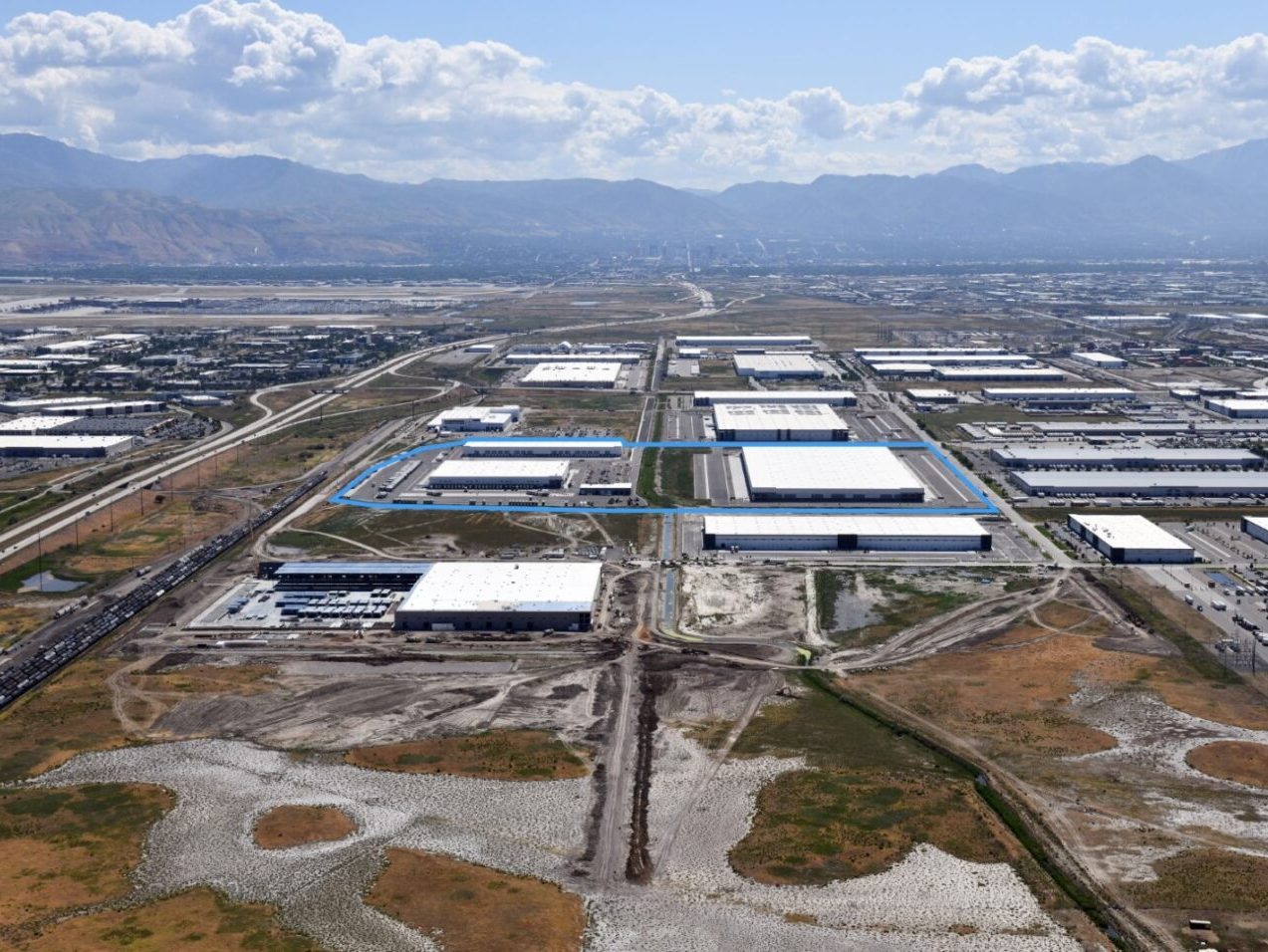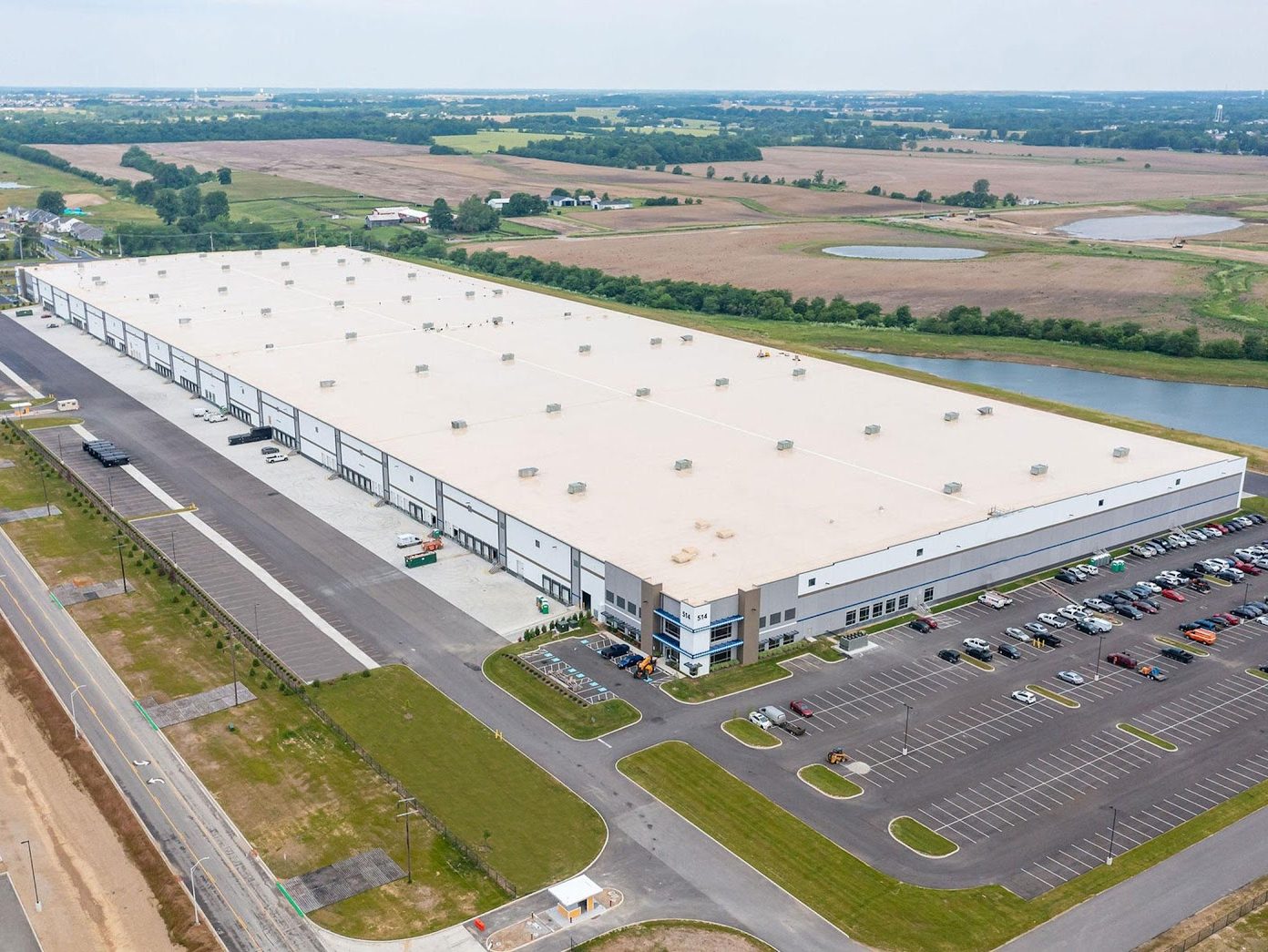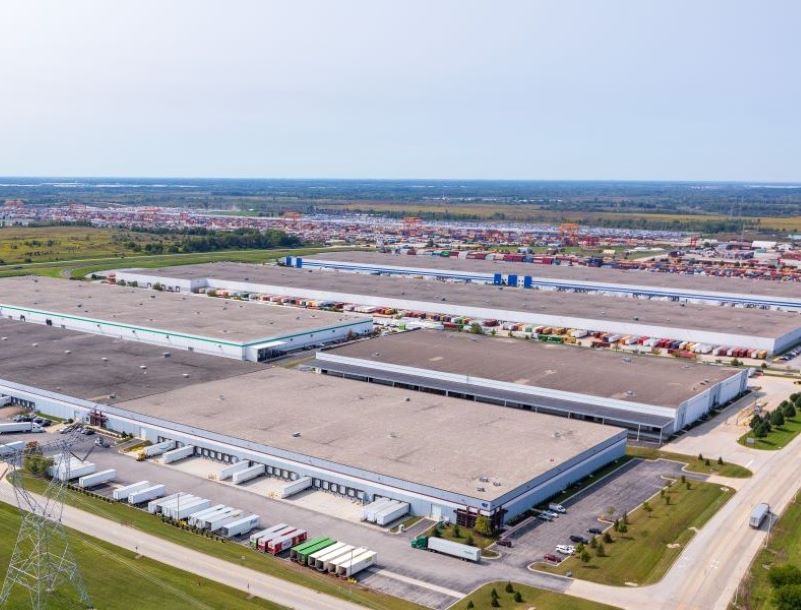Can Phoenix Become America’s Semiconductor Capital?
A close-up on what recent major investments mean for Greater Phoenix and its economy.
Image by Dan Williams via pixabay.com
Over the past 30 years, the share of global semiconductor manufacturing capacity in the U.S. has dropped from 37 percent to 12 percent, according to the Semiconductor Industry Association. In light of the global semiconductor shortage, however, the U.S. is becoming more aware of the need to strengthen its chip manufacturing ecosystem.
Thanks to a large existing cluster of industry-leading firms and recent major announcements—such as Taiwan Semiconductor Manufacturing Co.’s $12 billion and Intel Corp.’s $20 billion chipmaking plants—the Greater Phoenix metro is poised to become a major player in America’s semiconductor manufacturing industry.
Phoenix’s history with semiconductor companies dates back to 1949, when Motorola opened a facility in the region. “Today, many industry leaders call Greater Phoenix home, with operations from Intel Corp., ON Semiconductor, NXP Semiconductors, Microchip Technology and others,” Chris Camacho, president & CEO of the Greater Phoenix Economic Council, told Commercial Property Executive.
READ ALSO: Analysis: The Infrastructure Plan, CRE and the Economy
Having a well-established semiconductor hub makes Greater Phoenix a magnet for giants such as TSMC. However, the metro also earns points because it has plenty of available land, a large talent pool, lack of natural disasters, a favorable tax environment and a strong infrastructure, Camacho noted.
“Combined, these factors create the necessary requirement to achieve operational efficiency and cost controls. Greater Phoenix scores high marks across all categories and that’s why we’ve seen growth in this sector,” Camacho said. Beyond all these positive factors, securing major investments is also a result of a statewide collaborative effort, backed by federal policies such as the CHIPS for America Act, according to Camacho.
Semiconductors and other electronic components represent Arizona’s and the Phoenix metro area’s largest export category, totaling $3.5 billion in 2019 and $2.9 billion in 2018, Camacho further explained. Additionally, he pointed out, Greater Phoenix is home to 22,203 semiconductor and related device manufacturing jobs, with the average wage in the industry at $135,345.
Economic and workforce impact
According to an Intel report detailing the company’s nationwide economic impact, Intel’s total employment impact in Arizona was 58,000 jobs, representing 1.5 percent of the state’s total jobs. What is more, the company unveiled that it has contributed $3.9 billion to Arizona’s GDP in 2019.
Research by the Greater Phoenix Economic Council shows that Intel has more than 11,000 employees in Greater Phoenix and the company spends in excess of $500 million every year to support research and development into areas such as packaging and autonomous vehicles.
The map above displays the presence of semiconductors and related industry companies in the Greater Phoenix region. Map courtesy of Greater Phoenix Economic Council
Beyond all these, recent investments from TSMC and Intel alone are expected to create approximately 5,000 direct, high-wage jobs, as well as thousands of indirect positions for suppliers and other firms within the semiconductor industry in the next few years.
“The announcement of TSMC alone has a significant economic impact, but the trickle-down effects of this investment are much greater,” said Jennifer Mellor, vice president of economic development at the Greater Phoenix Chamber.
Many foreign and domestic suppliers announced their intentions to expand into Greater Phoenix, strengthening the state’s semiconductor manufacturing sector. “These suppliers will require business services like accounting, legal and consulting. The increased employment base will also drive up housing demand and many other sectors of the economy such as health care, retail and hospitality,” Mellor explained.
READ ALSO: Phoenix Market Update: Suburban Assets Lead Activity
TSMC’s investment into the Phoenix mega-site will include six factories and will be one of the largest foreign direct investments in the U.S. The firm plans to spend $12 billion between 2021 to 2029. TSMC Spokesperson Nina Kao confirmed for CPE that the company is executing their plan in Arizona according to schedule and construction on the first phase will start this year, with the facility operational by 2024.
“Foreign direct investment strengthens U.S. economic competitiveness. It creates jobs, lifts personal incomes, broadens economic development in America, enables U.S. technology companies and deepens U.S. innovation,” TSMC’s Chairman Dr. Mark Liu said during the White House Chip Summit held last week.
TSMC’s announcement put Arizona in the spotlight of international media as a business-friendly environment, with a diverse talent pool. “This international attention led to Arizona being on Samsung’s shortlist for their $17 billion chip plant. With increased foreign investment, airlines are much more likely to consider new international flights from Phoenix, such as a direct flight to Asia,” Mellor said.
Nonetheless, Phoenix was already on the path to great economic expansion even before these big announcements. In 2019, Arizona was second in job growth nationwide and now the state is the ninth-fastest in job recovery.
READ ALSO: Phoenix Mixed-Use Project Takes a Giant Step
“We have continued to see significant growth across multiple industries, especially in advanced manufacturing and IT. TSMC and Intel were big area growth announcements that made the headlines, but there are several other recent relocations and expansions that are taking place in Phoenix, such as Electra Meccanica and APEL Extrusions,” Mellor explained.
Camacho also noted that it’s not just the semiconductor companies that are making an impact in Greater Phoenix. “In the last decade, 238 manufacturing operations relocated or expanded in Greater Phoenix. Thirty-eight percent, or 90 of the 238, were in 2018 and 2019 alone. According to Emsi, Greater Phoenix’s competitive position is expected to net more than 5,400 new manufacturing jobs by 2025,” he concluded.







You must be logged in to post a comment.